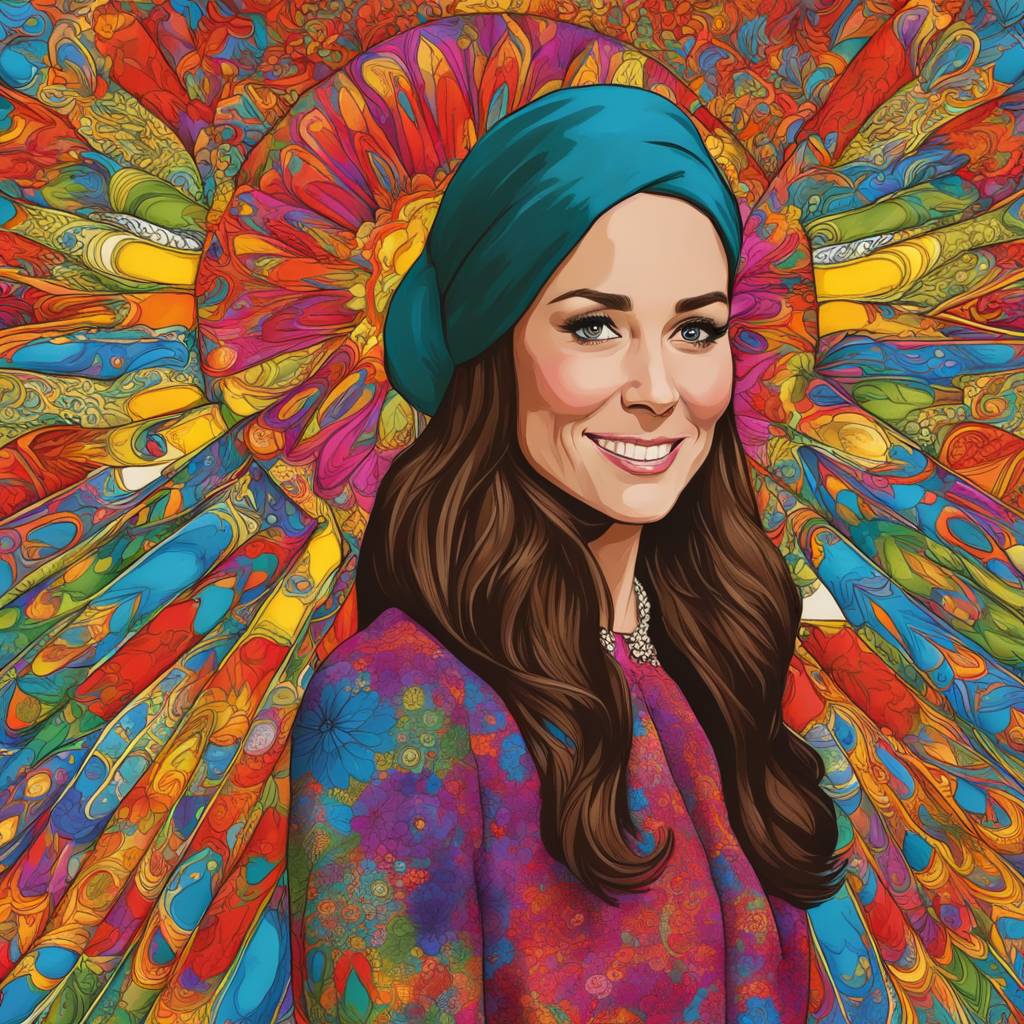Kate Middleton, the Princess of Wales, recently revealed her cancer diagnosis, sparking empathy from many individuals worldwide who have experienced similar circumstances. The pressure and scrutiny she faced while deciding when to disclose her diagnosis resonated with many, especially those with children involved. The author, having gone through a similar situation, understands the difficulty of having to reveal the diagnosis to her children before she was ready, adding stress to an already challenging situation. Sharing such news prematurely can be emotionally taxing and overwhelming, as the individual grapples with uncertainties about their prognosis and treatment plan.
The author’s own journey with receiving a cancer diagnosis during the Covid-19 lockdown involved the added stress of having to share the news with her children before she had all the facts. The initial shock of the diagnosis, coupled with the uncertainty of the true extent of the cancer, made the situation even more challenging. The process of obtaining further test results to determine the stage and aggressiveness of the cancer added to the author’s sense of powerlessness and lack of control over her own narrative. Sharing the news with a wider circle of people, including publishing an article about her experience, led to an influx of well-meaning messages and inquiries, further highlighting the visibility and impact of disclosing a cancer diagnosis.
Over time, the author came to terms with her diagnosis and regained a sense of agency in her life. She learned to navigate the new identity that cancer had seemingly bestowed upon her, realizing that it was just one aspect of her multifaceted self. The experience taught her the importance of determining when and how to disclose personal information, especially regarding such a sensitive topic as cancer. As she went through the process of treatment and recovery, the author found strength in reclaiming her narrative and sharing her story at her own pace, without feeling pressured to conform to others’ expectations.
Reflecting on her journey, the author emphasizes the need for individuals to have the autonomy to decide when and how they want to share their experiences, including the details of their cancer story. She acknowledges the intrusive nature of public scrutiny and the impact it can have on one’s sense of self. By reclaiming her narrative and acknowledging the different facets of her identity beyond cancer, the author embraces the complexity of her experience and asserts her right to privacy and personal agency. Through her writing and storytelling, she finds strength and connection with others who have shared similar experiences, highlighting the power of shared vulnerability and resilience in the face of adversity.
As the author shares her story of overcoming cancer and reclaiming her narrative, she underscores the importance of respecting individuals’ autonomy and agency in disclosing personal information. Her experience serves as a reminder of the complexities and challenges faced by those dealing with a cancer diagnosis, especially when navigating public scrutiny and pressure to share their experiences prematurely. By sharing her journey with vulnerability and resilience, the author empowers others to honor their own timelines and boundaries in sharing their stories, emphasizing the value of self-determination and self-care in the face of adversity.


